If eating healthy feels like an all-or-nothing goal, the good news is it doesn’t have to be. There are various ways you can make small, sustainable changes to your diet and see some great benefits. An easy place to start? Leftovers.
In Episode 14 of the Don’t Change Much Podcast, guest host Buzz Bishop is joined by Chef Ned Bell and Registered Dietitian Caitlin Boudreau to talk about why healthy eating matters, where to start, and, you guessed it, leftovers.
Yes, it’s good to eat leftovers. It’s a simple way to save money and eat healthier. Leftovers may even last longer in your fridge than you’d think. Chef Ned Bell shares a few tips below on how to handle leftovers and how long they’ll last.
Leftovers, when handled correctly, can last a long time
If properly handled, leftovers can last you and your family anywhere from 2 to 4 days in the fridge, and months in the freezer, depending on the ingredients. That means the healthy meals you’ve cooked don’t have to go to waste.
“I love leftovers. I cook for leftovers,” says Chef Ned Bell. “I think people are intimidated by food after three days, but I’ll eat things on the fifth day, no problem. If you’ve cooked it properly, if you’ve cooled it properly, if you’ve stored it properly, and if you bought ‘fresh ingredients,’ you will be just fine.”
What does it mean to properly cool your food? The rule of thumb is to go from 60C to 20C in two hours, and to 4C in an additional four hours—all in, you’re looking at cooling your meals from 60C to 4C in six hours.
The Government of Canada has some guidelines on how best to cool, store and reheat leftovers, which you can check out on their website. Here are a few takeaways:
- Very hot foods can be cooled to room temperature before you refrigerate them; just put them in the fridge when the steaming stops.
- Date leftovers to help identify your meals and make sure you aren’t past their eat-by date.
- Reheat leftovers to an internal temperature of 74C, and be sure to bring liquids up to a full, rolling boil (stirring throughout).
Leftovers are quick and convenient
After a busy day at work, taking the kids to activities, or doing things you enjoy outside of the office, putting in the brain power to cook up a healthy meal for yourself and your family can be a big ask.
If you need a quick and easy meal, healthy leftovers from previous nights are a convenient and pre-vetted nutritious option. You can even mix your leftovers with some quick-cook ingredients–like veggies or whole-grain pasta–to create something new and delicious.
Quinoa
Cook a big batch of quinoa and leave it in your fridge for up to 5 days. It’s great as the grain on your plate and is an excellent source of protein and fibre. Try tossing it with leftover chicken or beef, maybe some cranberries or cashews, or some steamed vegetables, and you have dinner in under 15 mins.
Soups and stews
“Those are my favourite things to make,” says Registered Dietitian Caitlin Boudreau, “because they’re pretty easy and they’re hard to mess up…I feel like sometimes they taste even better when they’ve been stewing and sitting there in the pot for a little while.”
You can use leftover meat and veg from previous nights, mix in some other items from your pantry, like a can of beans and a carton of stock, and you’ll have a soup going in no time.
Grocery shopping tips
To help build out those leftover meals, don’t be afraid to mix in items from the middle aisles of the grocery store. It’s all about keeping it quick and easy for you and your family, and the middle aisle items, like canned beans or tomatoes, can be great for building out a plate of healthy food.
“It all goes back to that idea of keeping it simple, avoiding some of these misconceptions we hear like, ‘Oh, don’t ever touch frozen vegetables, those are the worst.’ It’s okay to buy frozen veggies, they can be fantastic and can be such a great way to up your intake of fruits and veggies,” Caitlin shares.
Focus on 1 or 2 small changes
You don’t need to do it all at once. Making healthy, well-balanced food decisions can start out super simple. Here are three things you can add to your diet:
- More vegetables
- More water
- Eating breakfast
What are your go-to leftover meals or hacks? Let us know in the comments!
For more healthy eating tips from Chef Ned Bell and Registered Dietitian Caitlin Boudreau, and to listen to other conversations with influential Canadians, athletes and health experts about little lifestyle changes you can make to improve your health and well-being, check out the Don’t Change Much podcast.
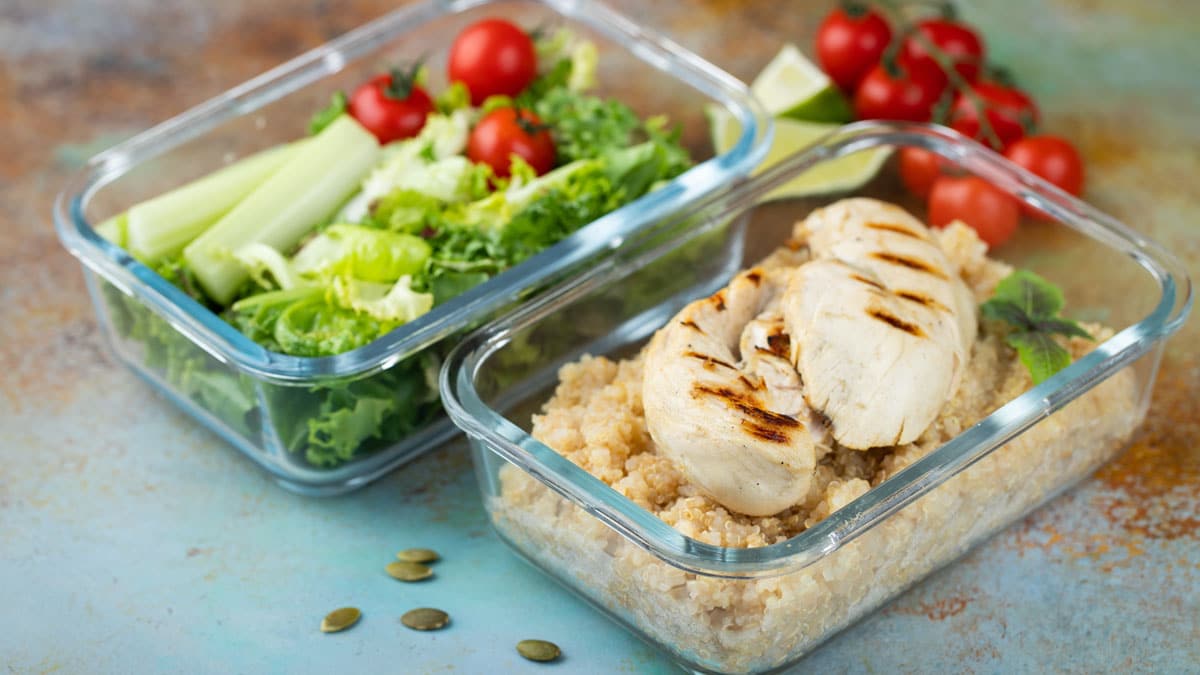









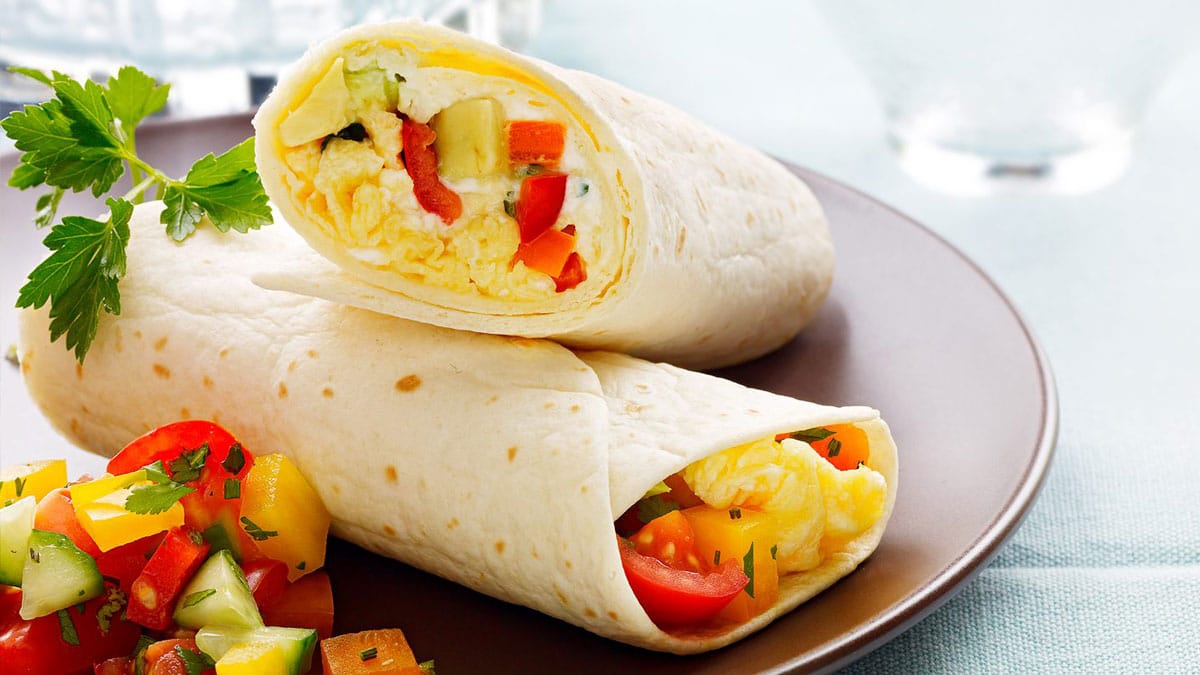
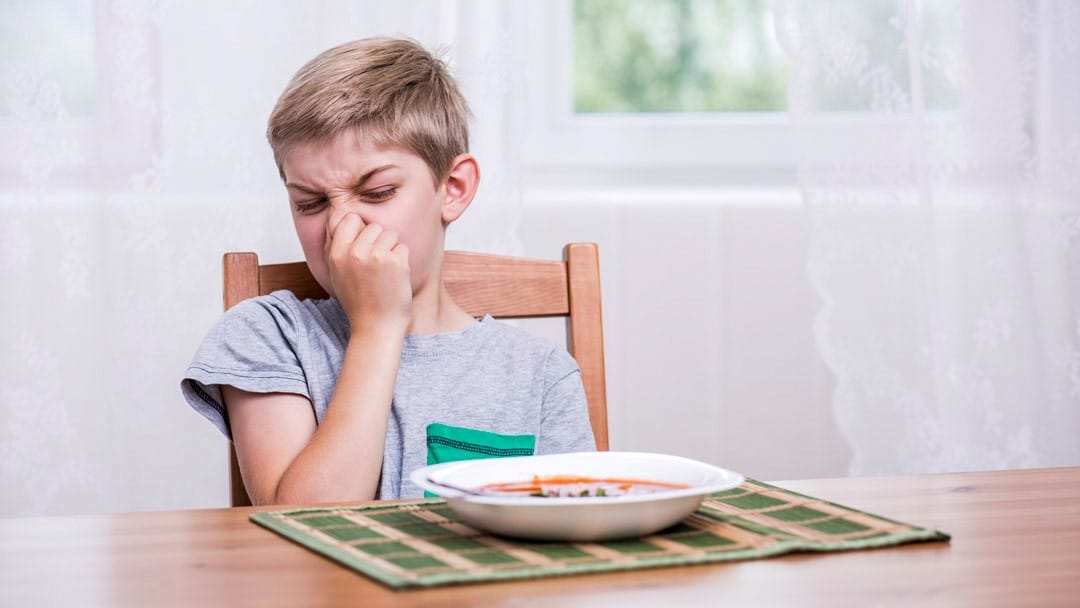
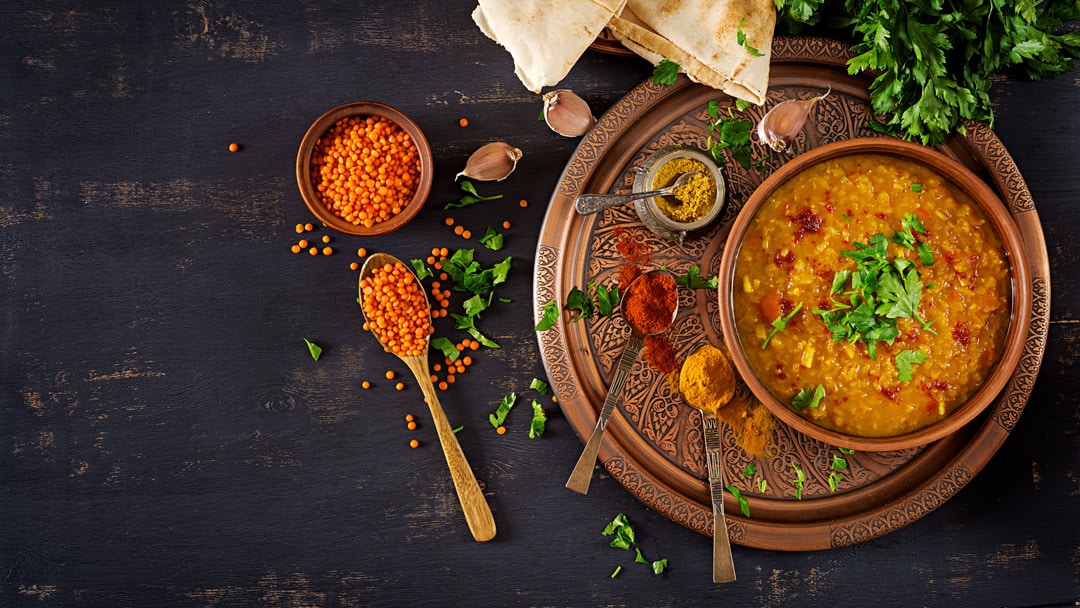
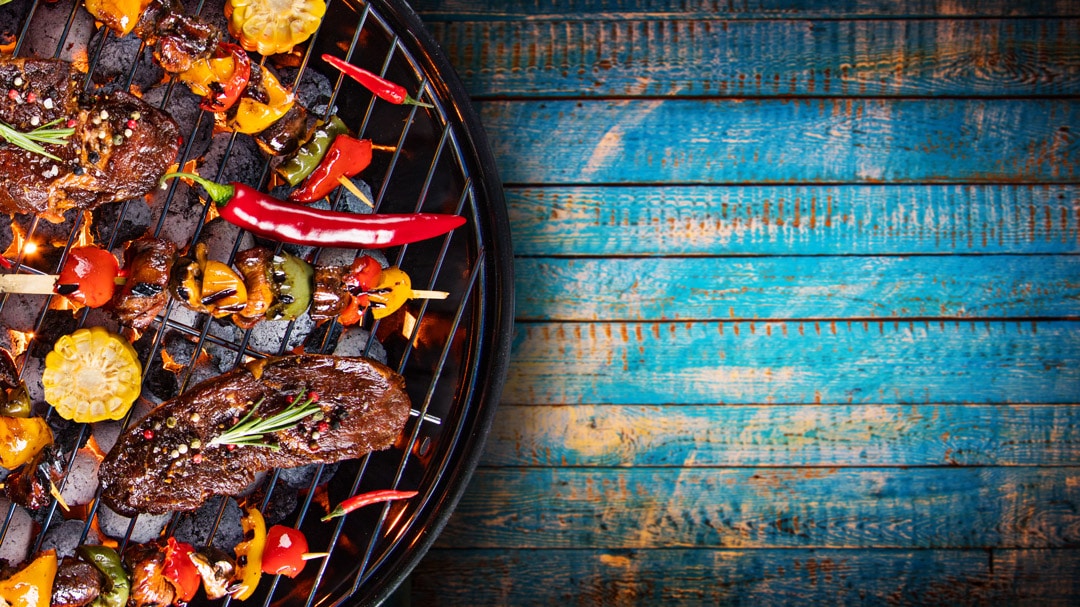
Let’s Talk!
Did you enjoy this article? Let us know in the comments.
0 Comments